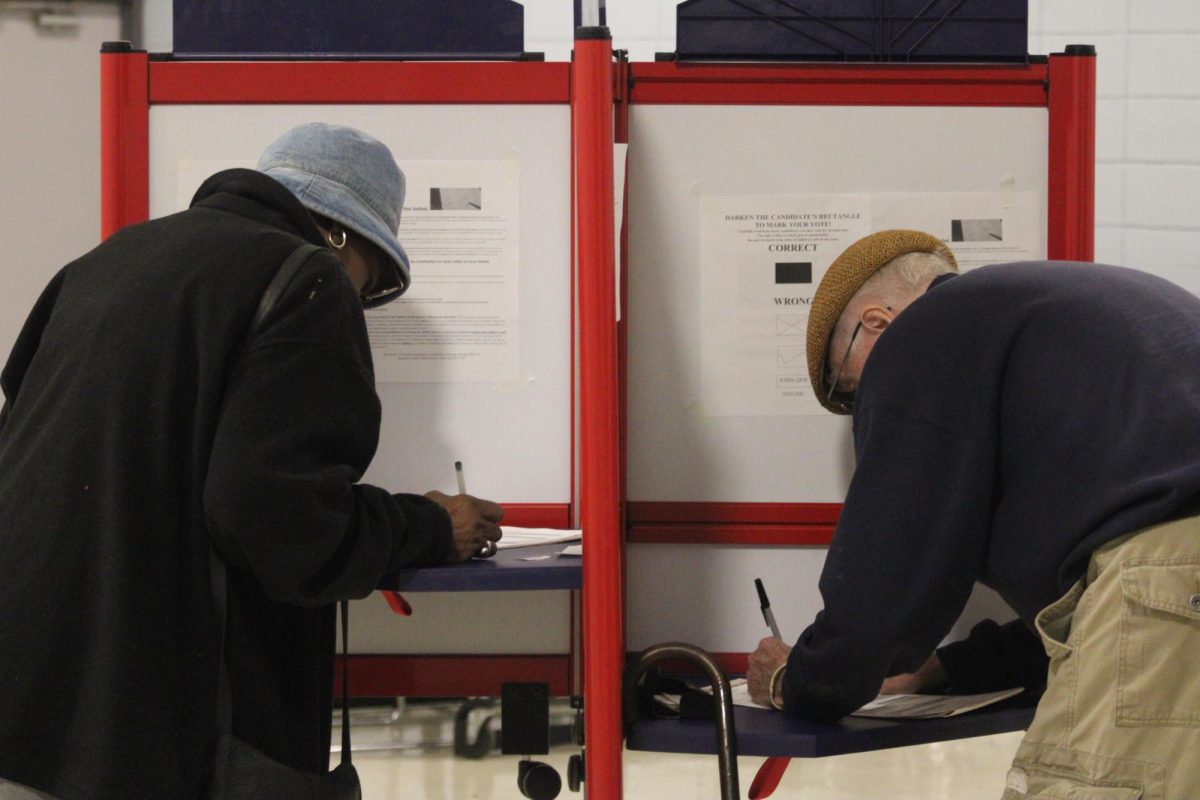SIU: no stance on ‘free community college’
February 3, 2015
Free community college is a concept that could change the landscape for America’s students, but some shrug it off as an impossibility.
In President Barack Obama’s State of the Union Address on Jan. 20, he said he is sending Congress a plan to make community college free. The president’s plan, called America’s College Promise, would save community college students who maintain a 2.5 GPA or higher an average of $3,800 dollars per year, according to the White House. It would cost $60 billion dollars over the next decade.
SIU has not taken a stance on the proposal because it is unsure how the program would be funded, university spokeswoman Rae Goldsmith wrote in an email Sunday.
Advertisement
“Until we have a clearer picture of funding and how the plan may be put into operation if it passes Congress, we don’t know what the full implications might be,” Goldsmith wrote.
Malika Murphy, a junior from Pasedena, Calif., studying animal science, said she likes the idea of free higher education, but wonders why it has not always been the standard.
“Obama’s plan would just make two years of college a standard part of one’s education,” Murphy said. “But who knows if anything will come from it?”
John Jackson, a visiting professor at the Paul Simon Public Policy Institute, said the proposal shows Obama is committed to college students. Even if the White House is dedicated, Congress would still need to take action.
“There is very little chance the Congress will pass this because the majority party is almost, by reflex, opposed to anything that the president suggests,” Jackson said.
A 2013 Gallup poll found 59 percent of Americans disapproved of Congress’ performance because of party gridlock and ineffectiveness.
Congress has been exhibiting party tensions, resulting in legislative standstills, uncharacteristic of America’s past.
Advertisement*
“It’s deeper and worse now than it has ever been in history,” Jackson said. “[American history is full] of instances where the two parties compromised and common ground was made.”
Murphy said the Republican Party seems to oppose bills that help the underprivileged.
“They seem to think that everyone can make it, regardless of their social status,” she said.
This is the first time the U.S. House of Representatives and the Senate have had a Republican Majority at the same time since 2006, and that year the president was a Republican.
With a Democratic president and a Republican majority in both the House and the Senate, the nation has a unique combination, which could slow the speed at which certain types of laws are passed, Jackson said.
However, Obama has included America’s College Promise in the proposed budget for the 2016 fiscal year, which nears $4 trillion dollars.
Advertisement








